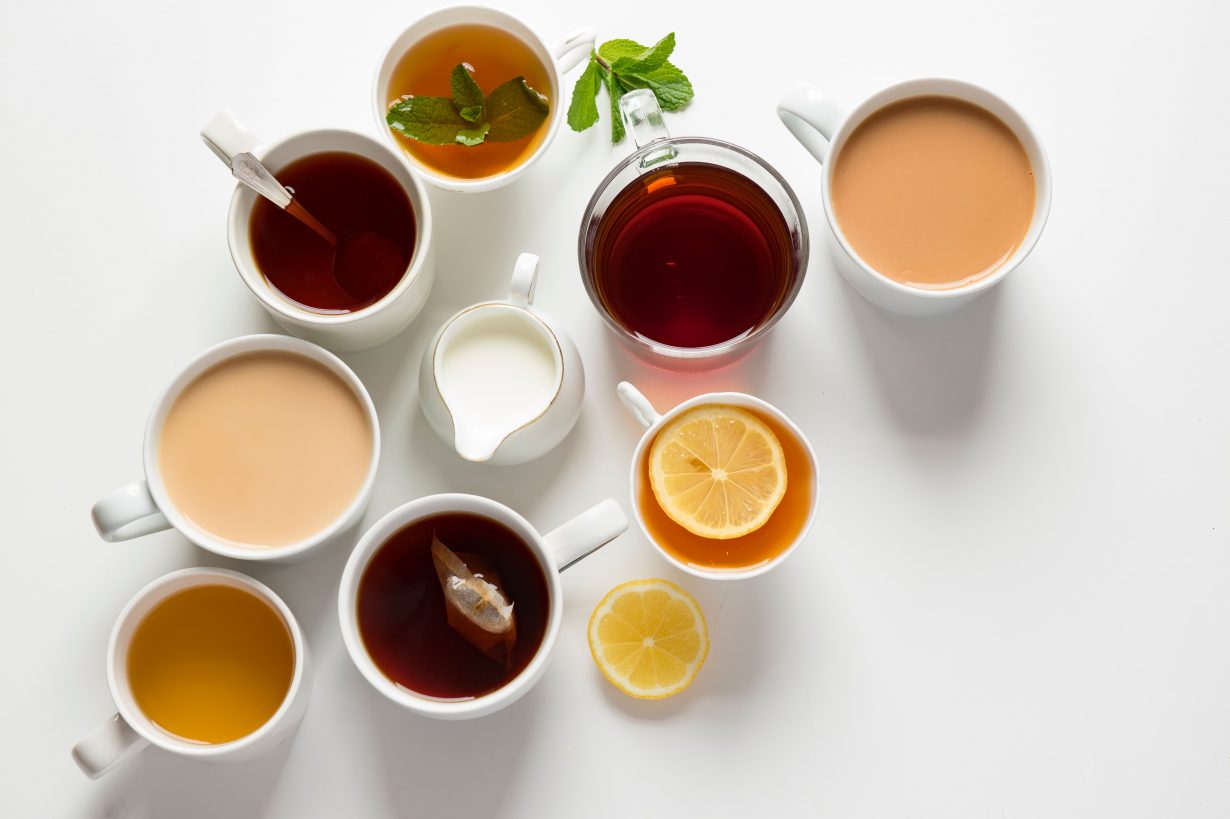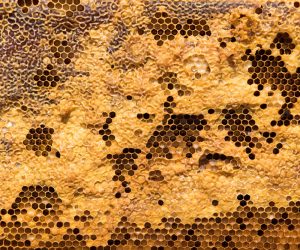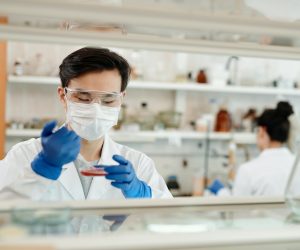
A Cup of Tea a Day to Keep the Anxiety Away!
Dr. Caroline Leaf – Tea is one of the most nutrient dense drinks on this planet, and filled with compounds and chemicals that are natural mental health and happiness boosters.
Tea is one of the most nutrient dense drinks on this planet, and filled with compounds and chemicals that are natural mental health and happiness boosters. I personally love tea, and drink it every day! Unfortunately, most tea sold on the market today is not pure, healthy, or even safe to drink. In this week’s podcast and blog, I interviewed Pique Tea founder and CEO Simon Cheng on how to find the best quality tea, the brain and mental health benefits of tea, how many cups of tea we should drink a day, and so much more!
Simon grew up in Hong Kong, which has the some of the highest levels of longevity amongst women, alongside a strong tea and herbal culture. In fact, herbs are integrated into almost everything they eat, from tonics to soups to teas!
After graduating from college, Simon entered the financial industry, and spent all his energy trying to build up his resume and make it in the “rat race.” (something many of us feel that we need to do!) This took a serious toll on his life, especially his health; he was continually going to the doctor and getting sick. Eventually, both his lungs collapsed and he was rushed to surgery. He was told what happened to him was hereditary, and nothing to do with his fast-paced lifestyle.
When Simon enrolled in a Master’s degree at Stanford, he was told that he had sleep apnea and had to undergo surgery, which failed and dramatically affected his health, especially his sleeping patterns. This surgery left him with an infected jaw, and doctors put him on strong antibiotics for two months (these antibiotics were so strong he has to take them through a drip, otherwise doctors said that they could “dissolve” his veins). And, to top all this off, his sleep apnea came back with a vengeance!
Related Articles:
Simon’s experience really made him think deeply about the current medical system (which, in many cases, focuses on “sick care”, not overall mental and physical wellbeing), his own lifestyle and what it means to have a system of preventative healthcare that doesn’t just try to fix things once they are broken. These events inspired him to think of ways we can truly improve our mental and physical wellbeing, and live a preventative lifestyle that focuses on the whole person, mind and body. After researching traditional Chinese medicine, speaking to health specialists around the world, developing a system of medicinal breath work (which he still teaches), he developed Pique Tea after being blown away by the healing powers of plants, and how we can use them to transform our health.
His company found a way to extract all the active compounds in teas using a low temperature process and crystallize them. Not only does this preserve the teas’ nutritional value and delicious flavor, but it also makes them easy to transport (I always take Pique Tea crystals with me on the plane when I travel, especially their earl grey, which is my personal favorite!), and easy to make: all you have to do is add hot water! Pique Tea also triple-screens all their products for impurities and dangerous compounds such as mold, pesticides and heavy metals, which makes their tea crystals one of the safest to drink, especially if you are a daily tea drinker!
Why crystals? Tea began with brewing plants, flowers and herbs in hot water, which, with the advent of the tea bag, was ground up and packaged for consumption. However, as this process became more and more industrialized, it became harder and harder to ensure good quality, nutrient-dense products in tea. This is why Pique Tea uses spring harvest, whole plant leaves to create their crystals, which are packed with all sorts of great nutrients like antioxidants and polyphenols (this is why ceremonial-grade matcha is harvested in the spring).
And these nutrients are incredibly good for our mental health:
• L-theanine in tea can naturally boost your GABA levels, which calms anxiety and helps us enter a very relaxed and restful state, known as the “alpha state”, which can not only improve our mood but also our sleep patterns. (Ever wonder why doctors and health professionals always recommend herbal teas like chamomile before bed?) This state of mind is actually the gateway state for meditation, or for getting your mind and brain ready for bed!
• The natural caffeine bound to the polyphenols found in teas like black tea or earl grey is a great way to sustain energy levels throughout the day, because it is slow-releasing and harder to digest. As Simon points out, this can give you energy over several hours, without the sudden highs or “jitters” associated with other sources of caffeine. Additionally caffeine in tea, taken together with the amino acid L-theanine, can boost working memory and cognitive function if drunk on a daily basis.
• Green tea can also act as an anti-depressant! Research has indicated that catechins like Theogallin found in green tea, alongside L-Theanine, can potentially prevent negative changes in the brain.
• Other research has suggested that EGCG in green tea can boost cognitive activity, including alpha waves (the meditation state we spoke about above), theta waves, which help get you in a quiet state of wakefulness, and beta waves, which help you focus and get tasks done.
• Drinking tea can also potentially lower levels of the stress hormone cortisol, calming you down, reducing your anxiety and helping you deal with the demands of life.
• Some research has indicated that tea can even help reduce your risk of developing dementia!
It is important to remember, however, that when it comes to tea (and everything we eat and drink), it is always best to source sustainably-grown and fair trade products that not only benefit you, but the environment and the people that produce them. For more on this, see my book, Think and Eat Yourself Smart.
If you are sensitive to caffeine, make sure you drink herbal teas like rooibos and lemon ginger tea, and avoid teas with caffeine in them.
To read the original article click here.
For more articles by Dr. Leaf click here.






